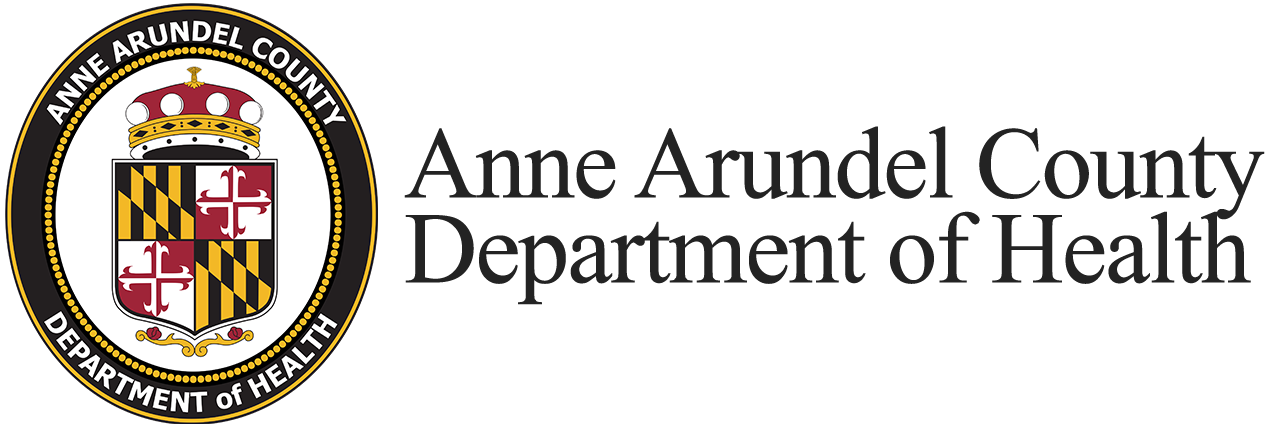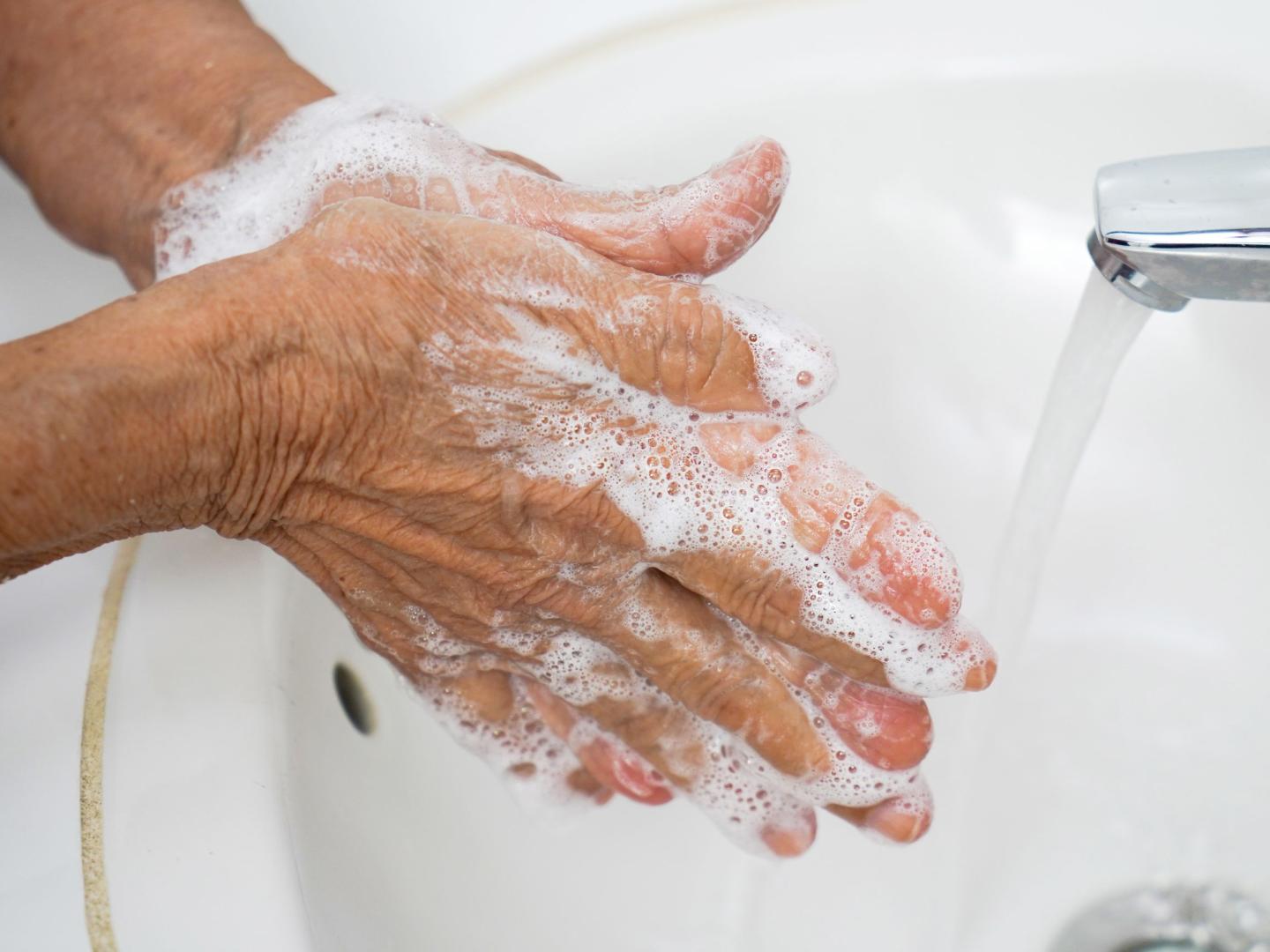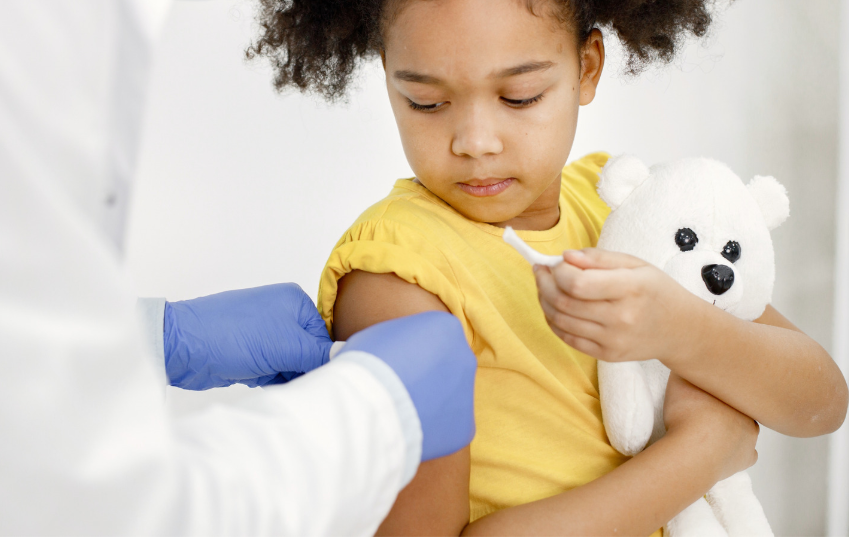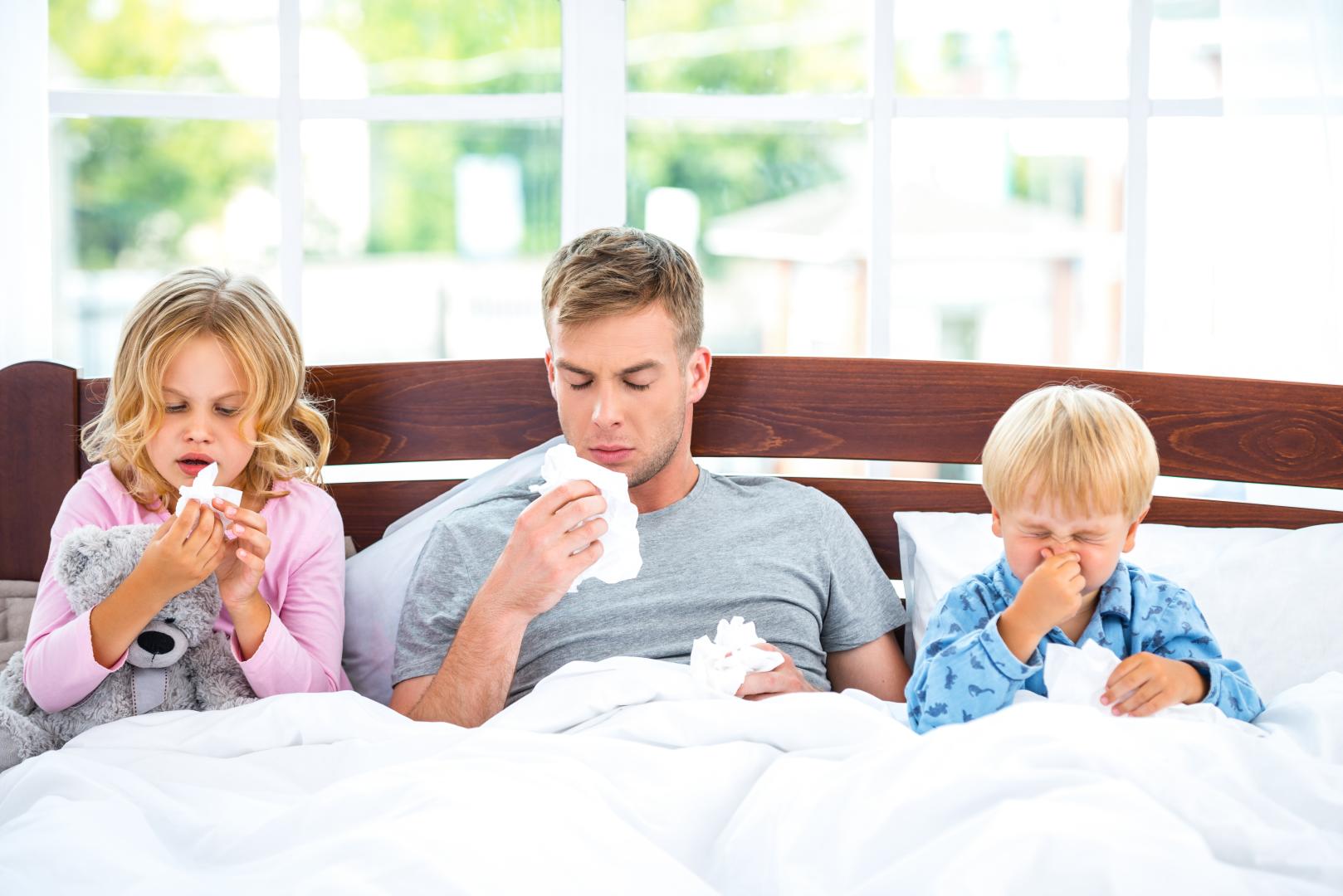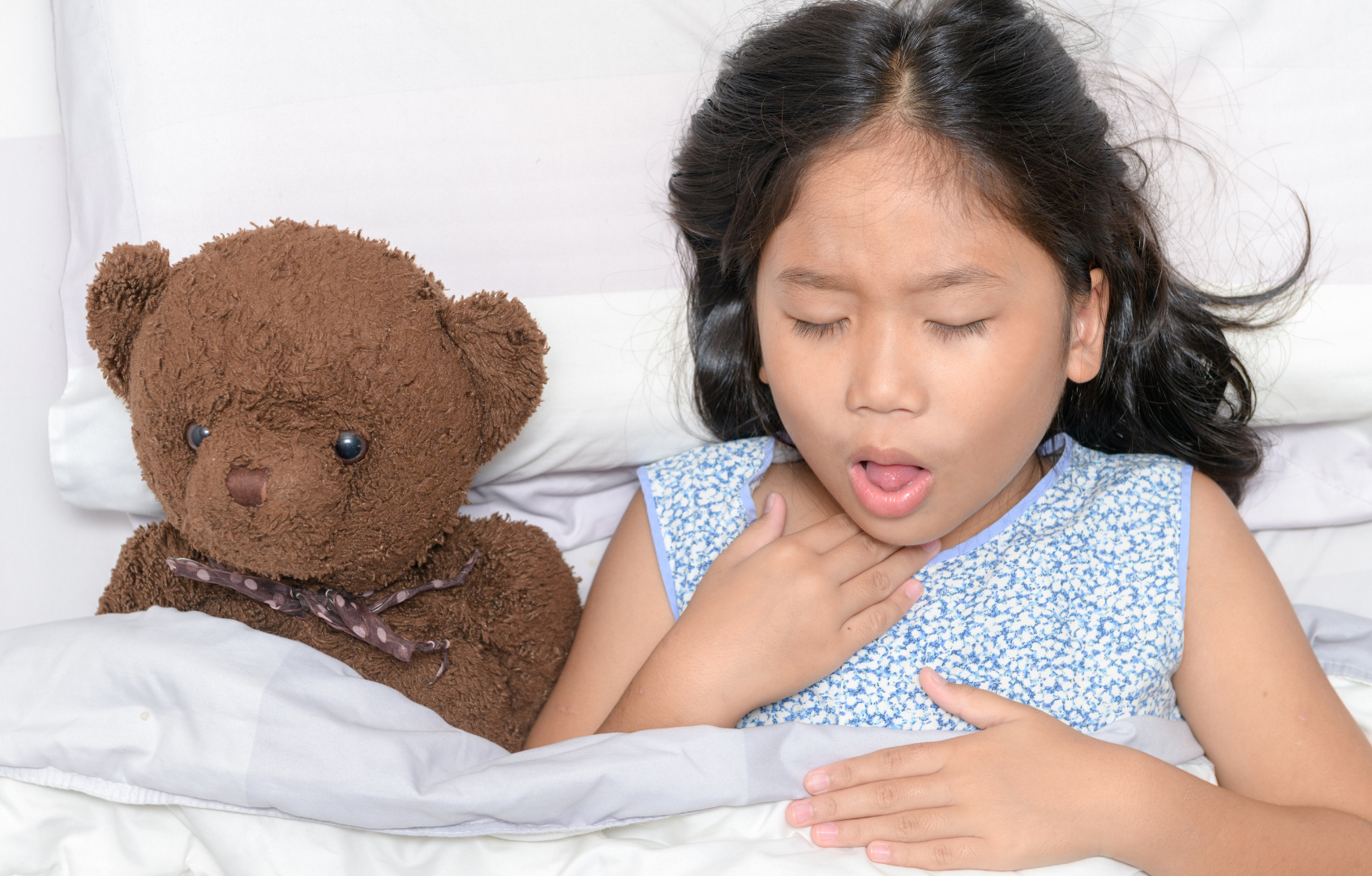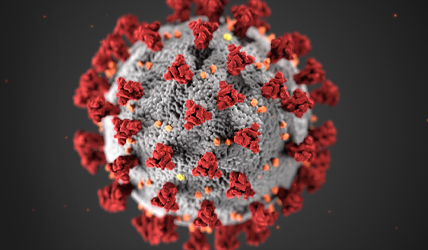COVID-19
The Anne Arundel County Department of Health is providing this information about the novel coronavirus (COVID-19), its spread, and protection measures for you and your family.
Free or Low-Cost Vaccinations
In addition to these reportable diseases, the Anne Arundel County Department of Health provides free or low-cost vaccinations to eligible individuals for the following:
- DT (pediatric)
- DTaP-IPV (Kinrix)
- DTaP-IPV-Hib (Pentacel)
- DTaP (Infanrix)
- DTaP-HepB-IPV (Pediarix)
- Hep A, adult
- Hep A, pediatric (Havrix)
- Hep A - Hep B (Twinrix)
- Hep B, adult
- Hep B, pediatric (Engerix-B)
- Hib
- HPV (Gardasil 9)
- IPV (IPOL)
- MMR (M-M-M-II)
- Men B (Bexsero)
- MCV4 (MenQuadFi)
- MMR-Varicella (Proquad)
- Mpox
- PCV 13 (Prevnar 13)
- Rabies, pre-exposure
- Rotavirus (Rotarix)
- Tdap (Adacel)
- TD Adult (TDVAX)
- Varicella
Disease Prevention and Management Services
Disease, animal bite and outbreak reporting — 410-222-7254
After Hours for Medical Providers — 443-481-3140
Hep C/HIV testing — 410-222-7382
HIV/AIDS Case Management Services — 410-222-7108
Glen Burnie Health Center — 410-222-6633
Parole Health Center — 410-222-7247
Glen Burnie Health Center — 410-222-6633
Parole Health Center — 410-222-7247
STI Hotline — 410-222-7382
Free Safe Sex Kit
Additional Information
Respiratory Etiquette
The national Centers for Disease Control and Prevention (CDC) urge all individuals to observe “respiratory etiquette” to prevent the spread of infectious diseases, including COVID-19, influenza (flu), colds and pneumonia.
The principles of respiratory etiquette are simple:
- Cover your nose and mouth when coughing or sneezing. Do this either with a tissue or your inner elbow.
- Wash your hands frequently. This is the single most important thing you can do to stop the spread of disease.
- In a hospital or medical setting, masks should be worn by anyone who has symptoms of respiratory infection (cough, fever). If you are in a waiting room and have these symptoms, please ask for a mask to wear so that others will not get sick.
Traveler’s Health Information
The Department of Health does not provide travel immunizations or information on vaccines needed for travel to other parts of the world. Persons needing immunizations for yellow fever, cholera, typhoid or plague or other travel immunizations should go to their private health care provider or a travel immunization clinic.
For information about safe health practices while abroad, visit the Centers for Disease Control website or Maryland Center for Immunization. Also, see Travel Health Notices.
